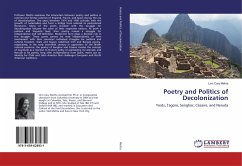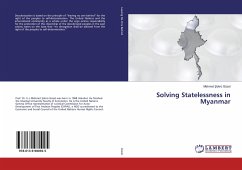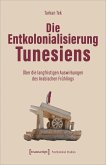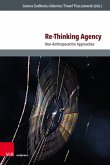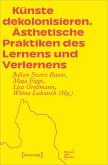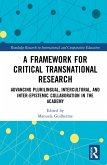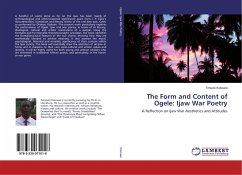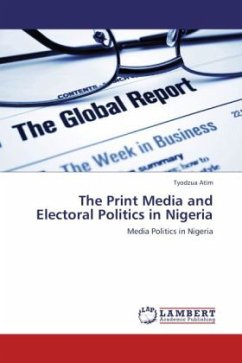Professor Mehta examines the interaction between poetry and politics in colonies and former colonies of England, France, and Spain during the era of decolonization. The years between 1914 and 1950 coincide with the growth of nationalism and form a bridge from colonial to postcolonial literatures. Many of the poets involved with the struggle for decolonization became the voice of their respective nations. At both a political and linguistic level, their poetry reveals a struggle for independence and self-definition. Modernist form plays a decisive role in this struggle. These poets cannot be read independently of their involvement with their countries' individual struggles for political and cultural freedom. Yeats and Tagore redefined Irish and Bengali poetry, respectively, in the early twentieth century in opposition to the British colonial presence; the poetry of Senghor and Césaire creates the concept of negritude as a reaction to France's policy of assimilating its colonials; and Neruda in his poetry, long after independence from Spain, marks out an identity for Chile and Latin America that challenges European and North American traditions.
Bitte wählen Sie Ihr Anliegen aus.
Rechnungen
Retourenschein anfordern
Bestellstatus
Storno

